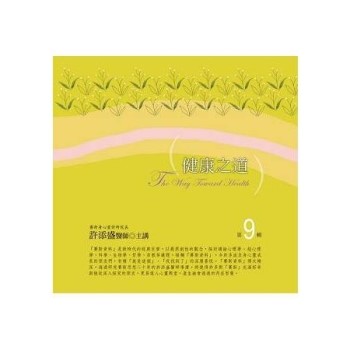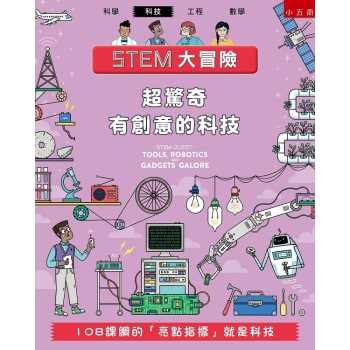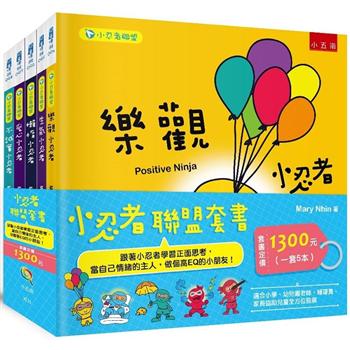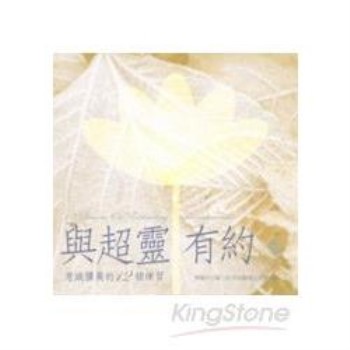This book makes an important contribution to police scholarship by focusing on the critical need for law enforcement personnel to receive education on chemical/biological/radiological/nuclear (CBRN) hazards.
| FindBook |
有 1 項符合
Policing and CBRN Hazards: Advancing CBRN Competence in Police Education的圖書 |
 |
Policing and CBRN Hazards: Advancing CBRN Competence in Police Education 作者:Wengler 出版社:Routledge 出版日期:2024-11-28 語言:英文 規格:平裝 / 122頁 / 22.86 x 15.24 x 0.76 cm / 普通級/ 初版 |
| 圖書館借閱 |
| 國家圖書館 | 全國圖書書目資訊網 | 國立公共資訊圖書館 | 電子書服務平台 | MetaCat 跨館整合查詢 |
| 臺北市立圖書館 | 新北市立圖書館 | 基隆市公共圖書館 | 桃園市立圖書館 | 新竹縣公共圖書館 |
| 苗栗縣立圖書館 | 臺中市立圖書館 | 彰化縣公共圖書館 | 南投縣文化局 | 雲林縣公共圖書館 |
| 嘉義縣圖書館 | 臺南市立圖書館 | 高雄市立圖書館 | 屏東縣公共圖書館 | 宜蘭縣公共圖書館 |
| 花蓮縣文化局 | 臺東縣文化處 |
|
|
內容簡介
作者簡介
Patrick Wengler is a Project Officer in the Assistance and Protection Branch of the Organisation for the Prohibition of Chemical Weapons (OPCW). Prior to joining the OPCW in 2020, he was a Police Inspector, Programme Assistant in Higher Education, Senior Lecturer at university and subject matter expert teaching for various international organisations. His main responsibilities include working on capacity building and non-proliferation projects, all aspects of emergency management as well as scene assessments of contaminated environments.
He holds a Master of Science in Security Studies from the London Metropolitan University (UK), a Master’s in CBRN first responder and decision making from the University of Rome Tor Vergata (IT), a Bachelor of Arts degree in Applied Investigation from the University of Sunderland (UK), a Hazardous Material Technician qualification from the New Jersey State Police (US) and is a qualified CBRN operator by the CBRN School in Rieti (IT).
’While the author is a serving member of staff at OPCW, The views expressed herein are those of the author and do not necessarily reflect those of the OPCW.’
|











